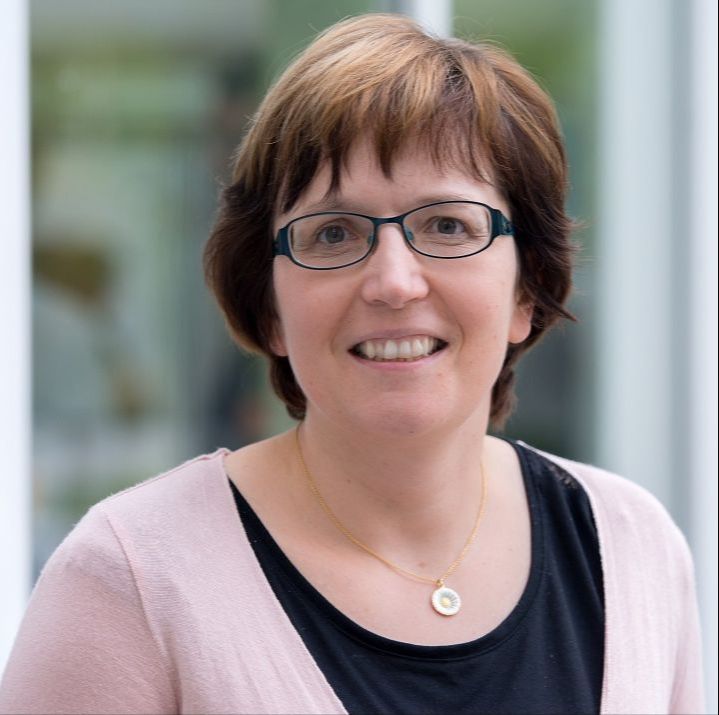Here you can find detailed profiles of DKTK faculty members with programm specification and research focus in the Researcher Database. Find contacts of all DKTK scientists at the DKTK intranet
Researcher Database

Prof. Dr. Mechthild Krause
Translationale Radioonkologie / Translational Radiation Oncology
Fetscherstraße 74
01307 Dresden
Program
Radiation Oncology and Imaging (ROI)
Summary
The Translational Radiation Oncology group bridges preclinical research and clinical radiation oncology in close collaboration with all DKTK partner sites. Its work focuses on high-precision technologies such as particle therapy and biologically driven individualization of radiotherapy. Key advances are expected from three major projects: Proton Therapy, the RadPlanBio platform, and Biological Individualization of Radiotherapy. Developed in Dresden, the RadPlanBio platform provides a powerful IT infrastructure for multicenter clinical trials and preclinical studies tailored to translational radiation oncology.
At the University Proton Therapy Dresden, patients have been treated since 2014, alongside advanced biological experiments at the experimental beam line. Proton therapy offers a favorable dose distribution, delivering most energy directly to the tumor while sparing healthy tissue. Clinical and preclinical studies aim to improve biologically optimized treatment planning, including models to study radiotherapy-induced brain damage. In parallel, biomarkers predicting tumor response are investigated using imaging, molecular, and histological approaches, supported by preclinical models and a strong emphasis on reducing and refining animal experiments.
Zurück zur Übersicht